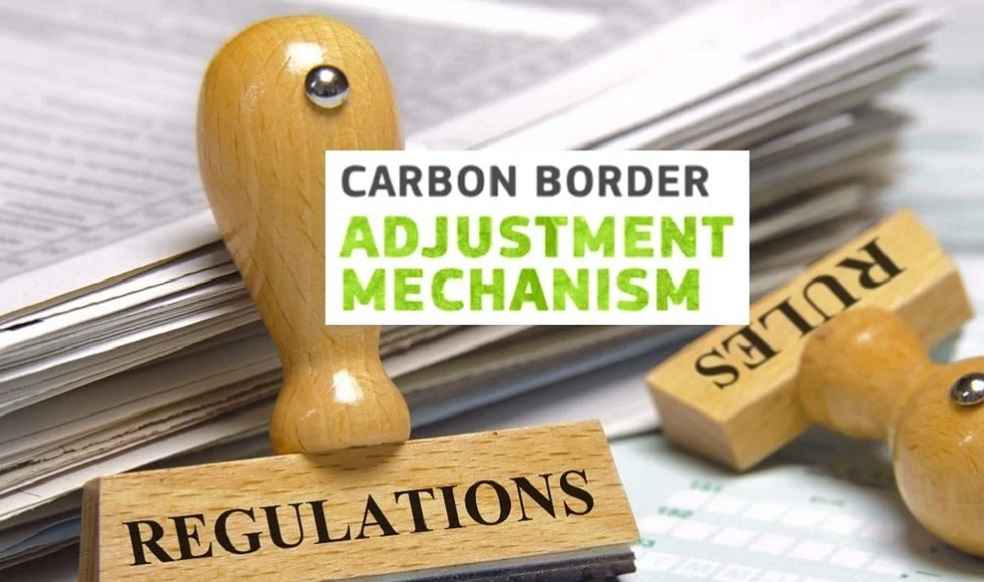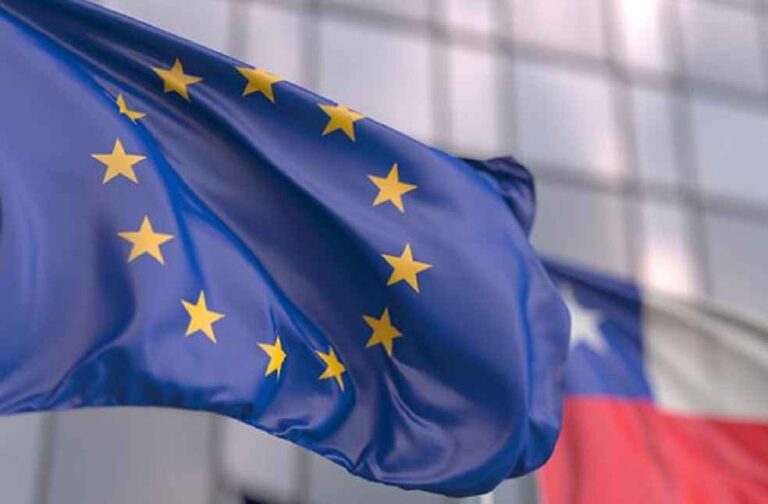The European Union’s Carbon Border Adjustment Mechanism (CBAM), aimed at mitigating climate change impacts by imposing import charges on carbon-intensive products, might not deliver the expected effect on global emissions as initially anticipated. This revelation comes from recent research conducted by the Asian Development Bank (ADB), which suggests that while the policy targets a noble cause, its global efficacy remains questionable.
Scheduled for activation in 2026, CBAM seeks to address ‘carbon leakage’—the shift of production to nations with less stringent environmental safeguards, thereby undermining global emission reduction efforts. By levying taxes on imports such as steel, cement, and electricity based on their carbon content, the EU endeavors to create a more equitable global industrial landscape.

Yet, ADB’s findings project a minimal reduction in worldwide carbon emissions, under 0.2%, compared to an emissions trading scheme priced at 100 euros per metric ton of CO2 without a carbon tariff. This statistic raises critical questions regarding the impact of unilateral environmental measures on a challenge as pervasive as climate change.
Economic impacts, though considered modest, highlight the interconnected nature of the global economy. Anticipated reductions in global exports to the EU by approximately 0.4%, with a sharper decline of 1.1% for Asia, along with potential adverse effects on some European manufacturers, underline the complex dynamics at play. Regions in Asia, particularly those heavily reliant on carbon-intensive exports to Europe, face pronounced adversities, accentuating the disproportionate burdens placed on developing economies by climate policies.
ADB Chief Economist Albert Park points to the piecemeal approach to carbon pricing, arguing for a comprehensive strategy that extends beyond the EU to include Asian territories, essential for meaningful global emission reductions and sustainable climate action. The report advocates for broader adoption of carbon pricing mechanisms and incentivization aligned with the economic frameworks of developing nations, promoting a unified response to climate change.

Additionally, the document highlights the critical role of decarbonizing international trade and global value chains, significant and expanding sources of carbon emissions. Proposals include enhancing trade in environmentally friendly products and services, strengthening environmental regulations, advancing green technology transfer, and bolstering global cooperation for effective emissions tracking frameworks.
Despite the challenges posed by CBAM and the broader landscape of global climate initiatives, the resilience of global value chains in the post-COVID-19 era and the ongoing integration of regional economies offer optimism. The lack of a significant trend towards ‘reshoring’ presents opportunities for collaborative and shared solutions in the climate change arena.
DON’T MISS | WTO Launches IFD Agreement to Elevate Global Trade, Investment Growth



